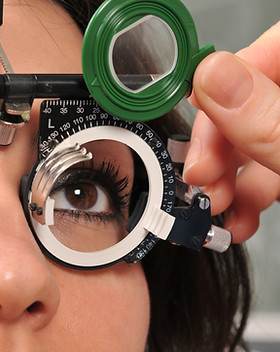
Qualifying Conditions - CONNECTICUT
According to the Connecticut Medical Marijuana Amendment, the following conditions are qualified diagnoses that can be certified by a medical marijuana doctor so that you can apply for a medical marijuana card.
There are a number of amendments to the law that have been proposed that would expand the number of qualifying diagnoses.
There are qualified medical diagnoses to get a Connecticut medical marijuana ID card:
-
Cancer
-
Glaucoma
-
Positive Status for Human Immunodeficiency Virus or Acquired Immune Deficiency Syndrome (HIV/AIDS)
-
Parkinson’s Disease
-
Multiple Sclerosis
-
Damage to the Nervous Tissue of the Spinal Cord with Objective Neurological Indication of Intractable Spasticity
-
Epilepsy
-
Cachexia
-
Wasting Syndrome
-
Crohn’s Disease
-
Post-Traumatic Stress Disorder (PTSD)
-
Sickle Cell Disease
-
Post Laminectomy Syndrome with Chronic Radiculopathy
-
Severe Psoriasis and Psoriatic Arthritis
-
Amyotrophic Lateral Sclerosis
-
Chronic Regional Pain Syndrome (CRPS)
-
Osteogenesis Imperfecta
-
Interstitial Cystitis
-
MALS Syndrome
-
Vulvodynia and Vulvar Burning
-
Ehlers-Danlos Syndrome associated with chronic pain
-
Cerebral Palsy
-
Cystic Fibrosis
-
Irreversible Spinal Cord Injury with Objective Neurological Indication of Intractable Spasticity
-
Terminal Illness Requiring End-Of-Life Care
-
Uncontrollable Intractable Seizure Disorder
-
Migraines
-
Intractable Headaches
-
Rheumatoid Arthritis
-
Fibromyalgia
-
Facial Pain
-
Postherpetic Neuralgia (Shingles)
-
Muscular Dystrophy
-
Brittle Bone Disease
-
Ulcerative Colitis
-
Complex Regional Pain Syndrome
-
Trigeminal Neuralgia
-
Chronic Neuropathic Pain Associated with Degenerative Spinal Disorders
-
Intractable Neuropathic Pain
-
Tourette’s Syndrome
-
Chronic Pain of at least 6 months duration associated with a specified underlying chronic condition









